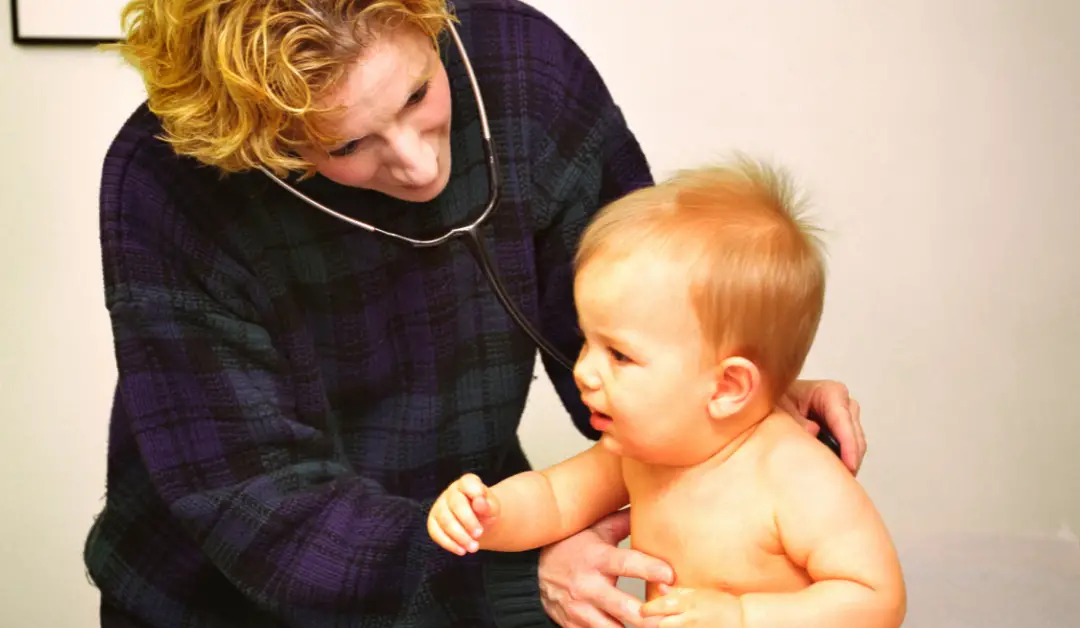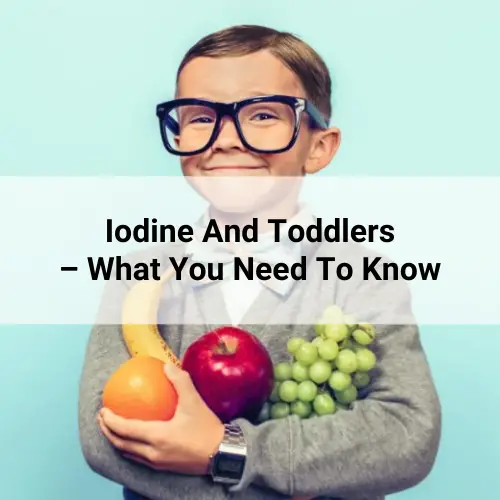Table of Contents
What you should know about a cough
Coughing is the common reflex action of our body in order to keep our airway clear from secretions, mucus or any foreign body that is blocking the throat. It is a protective mechanism of the body to maintain the patency of the airway. After a coughing spiel, your baby will be more sleepy and tired than usual as their body is currently fighting a battle with the virus or bacteria. Plenty of love, cuddles and care will help them feel better and recover faster.
1. Duration. It is important to take note of when the symptoms started as this will give you an idea whether or not the possible culprit is a bacterium or a virus. Virus related coughs lasts for a minimum of 3 days while bacterial in origin lasts longer.
2. Characteristics. Is it Dry or Wet? Dry coughs can be heard when your baby has a cold or a reaction to an allergen. Its color is usually clear or white. A dry cough helps clear the secretions from the cold or the irritation. Wet coughs can often be heard if the causative agent is a bacterium. It’s color ranges from yellowish to green. A wet cough is accompanied by phlegm or mucus that irritates the throat.
3. Type of Cough. There are different types of coughs like whooping cough, barking cough, musical and many more. There are types of coughs that are specific to a disease while some may be the same for different causes. Make sure to watch out for the type of cough your child has because this will greatly help your doctor in diagnosing the disease.
Common Causes of cough in children

Croup or “Barking Cough”
Croup is an infection of the windpipe or the trachea of your baby. It causes your baby’s trachea to swell, which narrows the airway making it difficult for your baby to sleep. It also wakes your baby up in the middle of the night because of the barking cough. It is caused by a virus and resolves in about 4 to 5 days.
Colds
Colds presents with a dry hack, clear secretions, runny nose, sore throat and sometimes, a fever. It is commonly viral in origin and clears out in a few days. Lots of fluid and plenty of rest usually solves the problem.
Bronchiolitis
Bronchiolitis is a common lung infection in infants that affects the tiny airways in the lungs called the “bronchioles”. It is characterized by a low-grade fever, loss of appetite, and a musical sound that can be heard during respiration and difficulty of breathing.
Pertussis or “Whooping Cough”
It is a life-threatening infection for babies and has caused the death of many infants before the development of the vaccine. It is highly contagious
Pneumonia
Pneumonia greatly affects children. It may be bacterial, viral or even fungal in cause. It is often accompanied by dry cough, a low-grade fever, a headache, and tiredness. When not treated promptly, it might be dangerous and cause your baby to be admitted into hospital.
Asthma
Asthma can be genetically inherited, especially if it runs in the family. It is triggered by allergies in dust, pollen or sometimes even milk. It causes the tightening of your baby’s airway that results in wheezing or a high-pitched musical sound that can be heard during your baby’s respiration.
Treatment
Depending on the cause of the cough, your child might be prescribed an antibiotic if the cause is bacterial in origin. If it is viral, expect it to resolve in about 3-7 days and the treatment is just supportive, meaning just let your baby have plenty of rest and lots of fluids and eventually your baby will recover. Here are some ways to help relieve your baby’s cough:
Saline Drops
When your baby’s nose is clogged with secretions that makes it hard for them to breath, you can use saline nasal drops to soften the secretions.Then using a suction bulb, gently remove the secretions.
Increase Fluids
The best treatment for a cough is to increase fluids, but for babies who are less than 6 months old, it is advisable to just give breast milk and not water or juice. Breast milk is known for boosting your baby’s immune system, hence making it easier for their body to fight the virus.
Hot Steam
Turn your bathroom into a steam room, let the hot water in your shower run and sit inside the bathroom with your baby for some time. The warmth from the hot shower opens up your baby’s airway, making it easier for them to breath.
Cough prevention
Here are simple ways that you can do to prevent your baby from having a cough:
1. Proper hand washing is the key. Make sure that you properly wash your hands before holding your baby or even when preparing their food.
2. Avoid being in contact with them if you are sick. You don’t want to spread your virus to your baby. Ask for help from your husband or get a baby sitter.

4. Avoid smoking near your child as this can trigger coughing.
5. Make sure that your house is clear from dust and pollen, especially if your child is allergic to these. Also, watch out for foods that may trigger these allergies.
Click here to look into this highly rated air purifier with advanced filtration system.
When you should seek help from your pediatrician
If any of the following symptoms are present in your baby, go to the hospital or visit your pediatrician immediately:
• If < 3 months old, with high grade fever (101 Fahrenheit) with difficulty breathing • If > 3 months old, with high grade fever (101 Fahrenheit) that is present more than 48 hours.
• If coughing makes it hard for your child to breathe accompanied by chest retractions and nasal flaring
• If the number of breaths your child takes is more than 50/minute and accompanied by chest retractions and nasal flaring
• If coughing turns you child’s lip blue.
• If coughing happens after your child eats a big chunk of food or swallowed an object.
• If coughing makes your child vomit, severely sleepy, not able to feed or drink and is accompanied by convulsions.
Related Articles:

Astley Golosinda
My background is in the field of medicine and I have a Bachelors Degree in Nursing. My thesis in Nursing was also published on Journal of Gerontology
For the past 4 years, I continued my studies and dedicated my time to acquiring a Doctorate of Medicine. I was a working student all throughout my post-doctorate degree. I have clinical experience in the hospital both as a nurse and now as a medical student.





